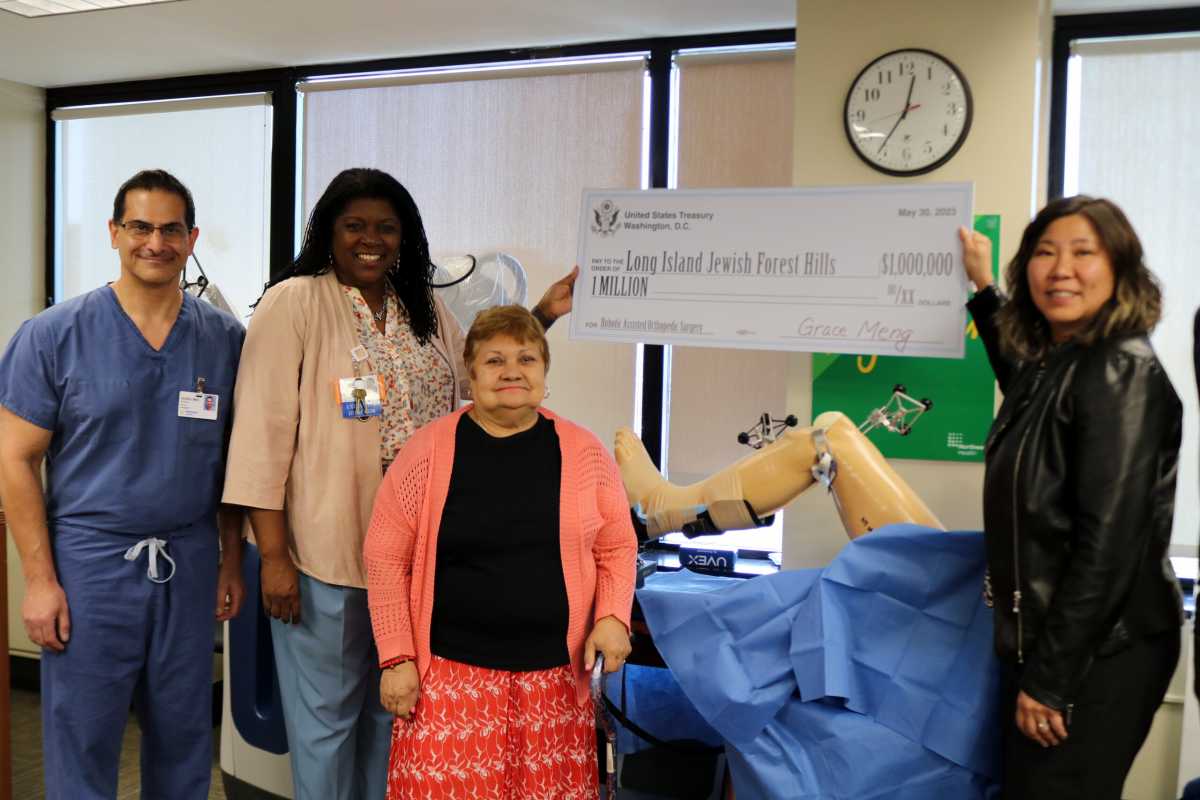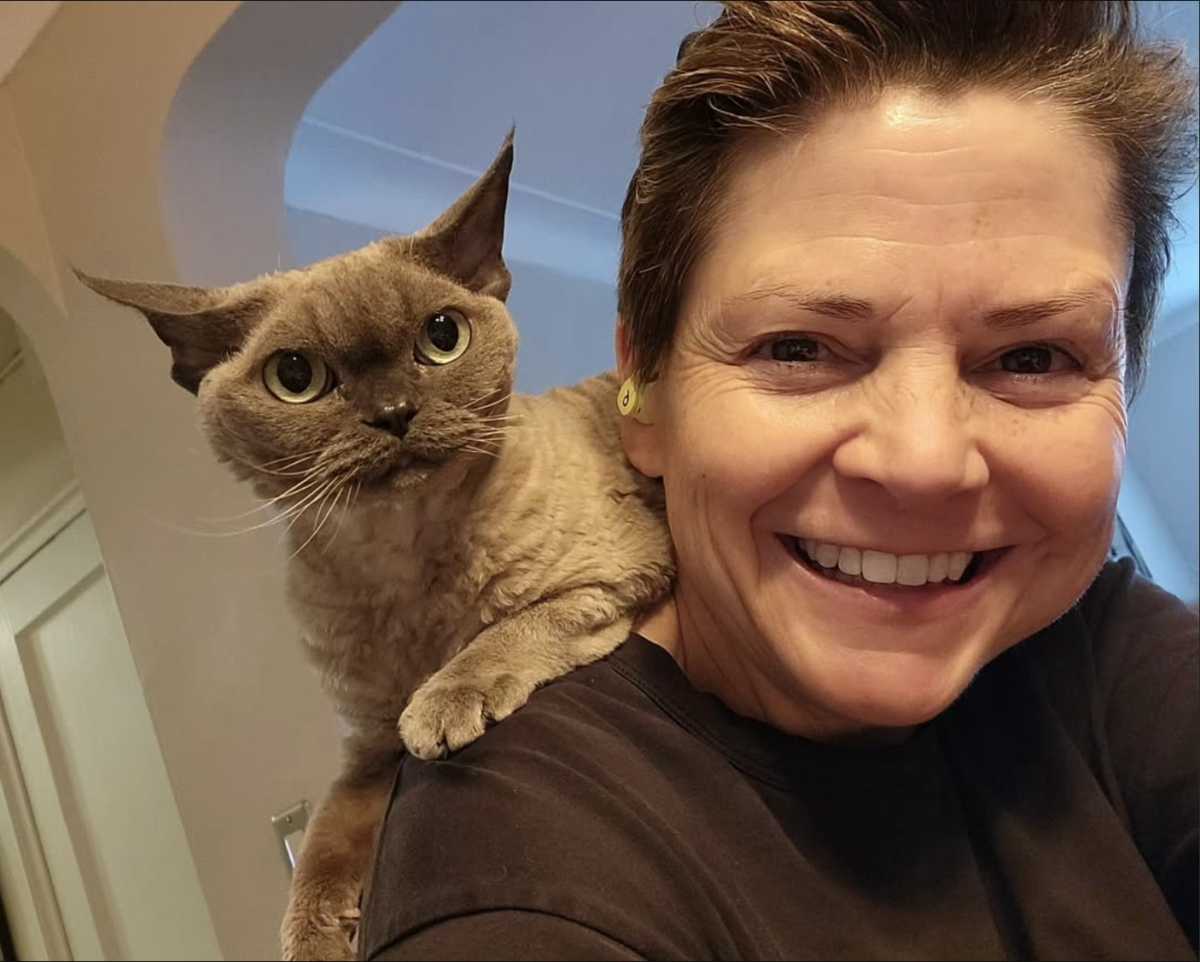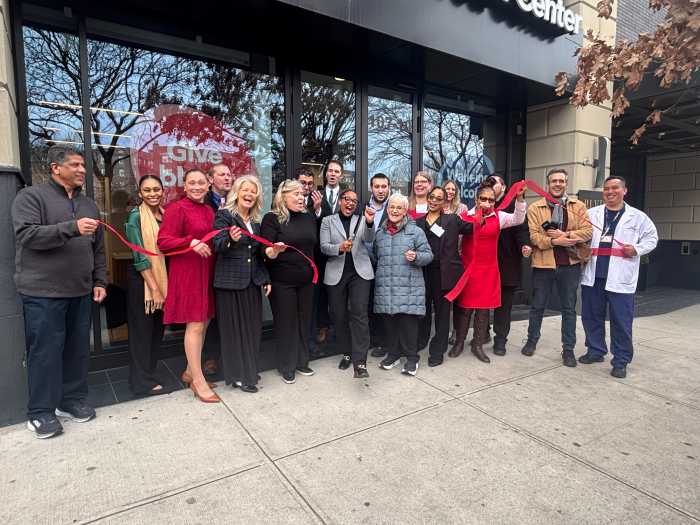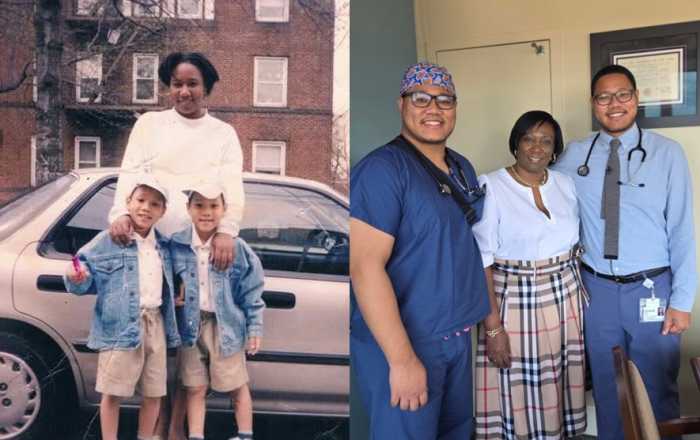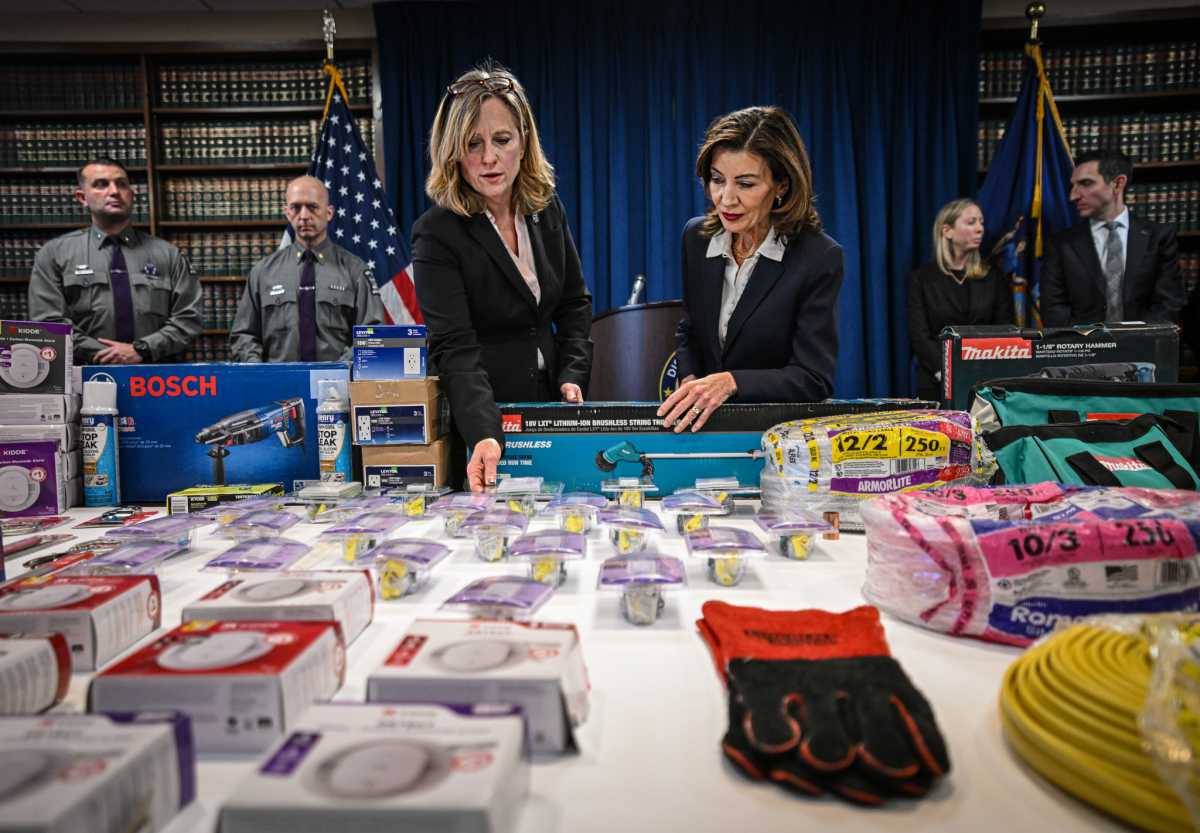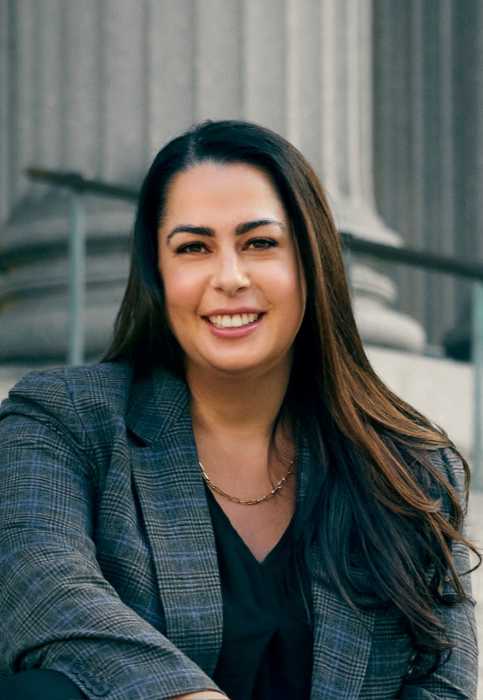Long Island Jewish (LIJ) Forest Hills Hospital officials and Congresswoman Grace Meng on Tuesday, May 30, unveiled the hospital’s new high-tech robot for orthopedic surgeries that will offer patients a minimally invasive alternative for hip, total knee and partial knee replacements.
The Stryker Mako SmartRobotics system was made possible through $1M in federal funding secured by Meng. The LIJ Forest Hills robot is one of 15 critical care projects in Queens from $21.3 million in federal funding secured by Meng in January.
“People deserve to have a facility in or close to their neighborhood where they can receive state-of-the-art care for hip and knee replacements, and the Mako robot will ensure that local residents no longer have to travel far distances to take advantage of this technology,” Meng said. “As New York’s senior member of the House Appropriations Committee, I’m thrilled to have secured this critical federal funding to help LIJ Forest Hills do an even better job in delivering care to our communities.”
During her visit, Meng met a future patient of the Mako robot — Yolanda Virella, a 72-year-old Jackson Heights resident and retired school aide, who will undergo total knee replacement on her right leg later this summer.
Virella suffers from osteoarthritis — a degenerative joint disease — in both knees and had her left knee replaced using traditional surgery last year.
“I have trouble bathing, dressing and standing while I cook. I get tired and I have to sit,” said Virella, who’s raising her 15-year-old grandson. “I can’t do what I used to and it makes me sad.”
According to Richard Seldes, MD, a board-certified orthopedic surgeon and director of orthopedic surgery at LIJ Forest Hills, Virella is a typical candidate for knee replacement surgery. About 60% of all knee replacement operations performed nationwide are done on women.
Patients like Virella who opt for robotic-assisted surgery with the Mako robot undergo a CT scan of their knee prior to the procedure. The anatomical information from the scan is uploaded to the robotic software to map out a customized 3D surgical plan to identify which part of the patient’s bone is diseased and which is good.
“The robot assists with the surgery, but the robot does not do the surgery,” Seldes said. “The robot plans out the cuts for the surgeon, but the surgeon has the ultimate say in what’s being cut and how it’s being done.”
During surgery, the surgeon uses the robotic arm of the Mako robot to make precise bone cuts, sparing surrounding healthy tissue and bone and allowing for an exact fit for the new knee implant. Because the surgery offers a greater degree of accuracy for placing the implant, it can extend the life of the new knee, which typically lasts 15 to 20 years.
“Often times residents of Queens don’t have access to top medical technologies and have to go elsewhere like Manhattan or Long Island to get them,” Seldes said. “To have this technology in their own backyard is a great asset to the community.”
The addition of the Mako robot is the latest technology update at LIJ Forest Hills, which recently added two da Vinci surgical robots to the hospital’s robotic surgery program for bariatric, gynecologic, urologic and cancer surgeries. Robotic surgeries result in smaller incisions, less scarring and pain, shorter hospital stays and a better recovery.

